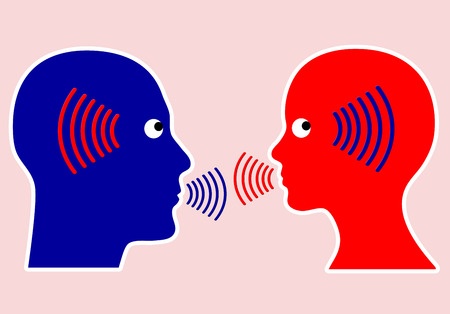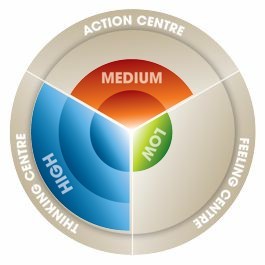3 min read
Personal Leadership Development Plan: Helping Teams Under Stress
IS YOUR TEAM UNDER STRESS?
The following is another lesson from my coaching play book about a leader whose team was...

How often do you consider the role of empathy in a list of qualities of a successful leader? The research is proving a direct link between the two.
One of my assessment partnerships is with Management Research Group (MRG) who I appreciate for their vigilance in monitoring trends in leadership using their rich pool of 360 degree global assessment data. MRG's research reveals quite a disconnect when compared to the data I have been collecting via my work with the Enneagram and leadership teams.
MRG looked at 360 degree feedback from 880 leaders in their ability to perform what are considered by many talent experts to be three essential skills to be successful as a leader in today’s world:
These are new themes they have been integrating into 360 assessments.
Their findings: empathy is seen as the most important (out of 22) leadership behaviors that differentiates successful leadership of these three leadership skills.
MRG defines empathy as: forms close, supportive relationships; demonstrates active concern for people and their needs. This is not the first time empathy has topped the list in their research about effective leadership in the past few years. To see empathy top the list is not necessarily surprising given the “war on talent” has forced organizations to pay attention to the importance of leaders displaying themes such as emotional intelligence, retaining and engaging employees to win the war on talent, managing millennials, and advancing wellness in the workplace.
What is surprising and a little unsettling in light of this research, is how few leadership teams I work with have collective access to their Feeling Center of expression. As described within the Enneagram personality system, Centers of Expression (action, thinking, feeling) are all potential resources and yet because of our habit of mind, we get stuck and limit ourselves in our familiar center.
I’ve assessed the collective, team personality of over 40 teams in the past few years using the Integrative Enneagram Questionnaire. All the teams are from for-profit companies in manufacturing and other commercial products and services. All have reported having a more natural access to either their Thinking or Action center of expression and low access to their feeling center.

Low feeling centered access indicates that emotions may be neglected during decision making and interacting with others. Empathetic behavior is accessed from the Feeling Center. This means these teams are at risk of being ineffective at these three important leadership practices, especially in leading engaged teams and bringing self awareness to team interactions. They simply aren’t hard wired for this type of energetic and behavioral focus. When we discuss the implications of this, it generally leads to the team to see how some of their challenges in performing together relate to this imbalance.
The business case continues to be made that Empathy is a worthwhile behavior for leaders and teams to develop greater mastery in. Regardless of our hard wiring, dedicated effort to doing things differently can improve the output and impact you can have. The Feeling Center can help a team to express some very productive qualities very aligned with the behavior of empathy.
Connecting to your feeling center will give you a greater capacity of leadership and will help foster better relationships--both at work and at home. Add "empathy" to your list of characteristics of a successful leader immediately. For more information on leadership development using insights from the Enneagram, consider downloading our e-book on how to find an executive coach that's right for your leadership style.
Which center do you think you use most at work? How often do you tap into your feeling center? Tell us below!
Nov 4, 2021by Diane Ring
IS YOUR TEAM UNDER STRESS?
The following is another lesson from my coaching play book about a leader whose team was...
Nov 3, 2021by Diane Ring
There is nothing like a sudden change of executive leadership to trigger all kinds of personality dynamics in a team....
Nov 2, 2021by Diane Ring
More than 70% of executives are not effective at supporting new-to-role peers and managers according the Corporate...